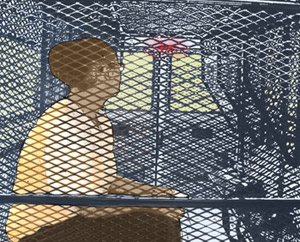This letter to the editor appeared in the Chicago Tribune on Tuesday, November 10.
The Tribune editorial in favor of “tougher” gun sentences in the wake of a string of unspeakable shootings of young children is understandable emotionally; but our shared outrage will only be addressed by reasoned, thoughtful policies, not those that have failed in the past. Reflecting the visceral nature of the response, the Tribune calls for these penalties invoking the senseless slaughter of Tyshawn Lee, when no arrest has been made in that case.
Most Illinois residents agree that our criminal justice system is not working to keep our children and communities safe. A significant and critical reflection of that failure is the fact that Illinois’ prisons are severely overcrowded, operating at more than 125 percent of capacity. This situation has been created by the blind application of policies that create and enforce long, mandatory sentences. Such policies may well sound “tough” on crime, but returning to approaches that won’t make our communities safer are neither tough nor smart.
These mandatory sentences will cost the state millions of added dollars (a marked departure from the Tribune’s frequent calls for reins on the state’s expenditures) and have no impact on criminal activity. Rather than go back down this unsuccessful path, we should reinvest in community programs that will make everyone safe, especially our children.
We can be more creative than retread policies like mandatory prison sentences. It is time to shift our focus and be smart on crime.
— Benjamin G. Ruddell, criminal justice policy attorney, American Civil Liberties Union of Illinois
Date
Tuesday, November 10, 2015 - 12:15pmFeatured image
